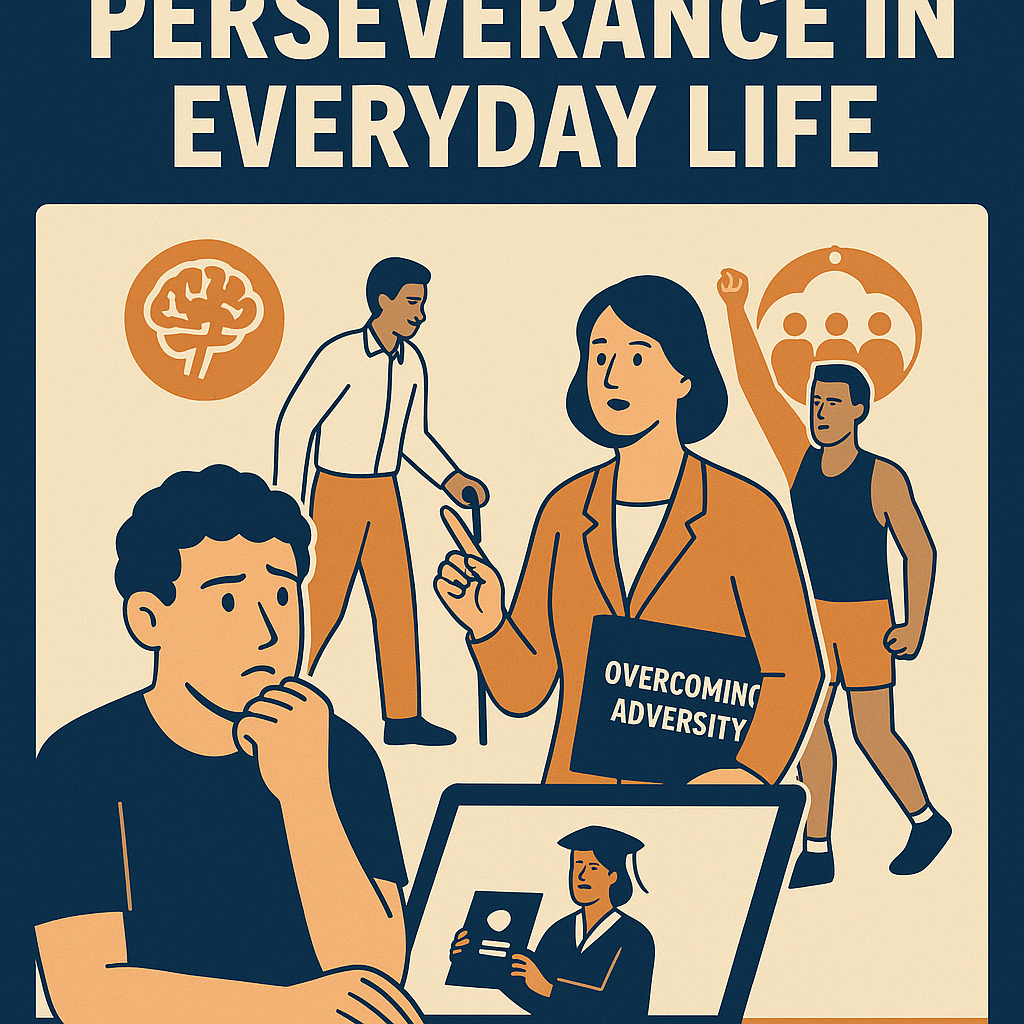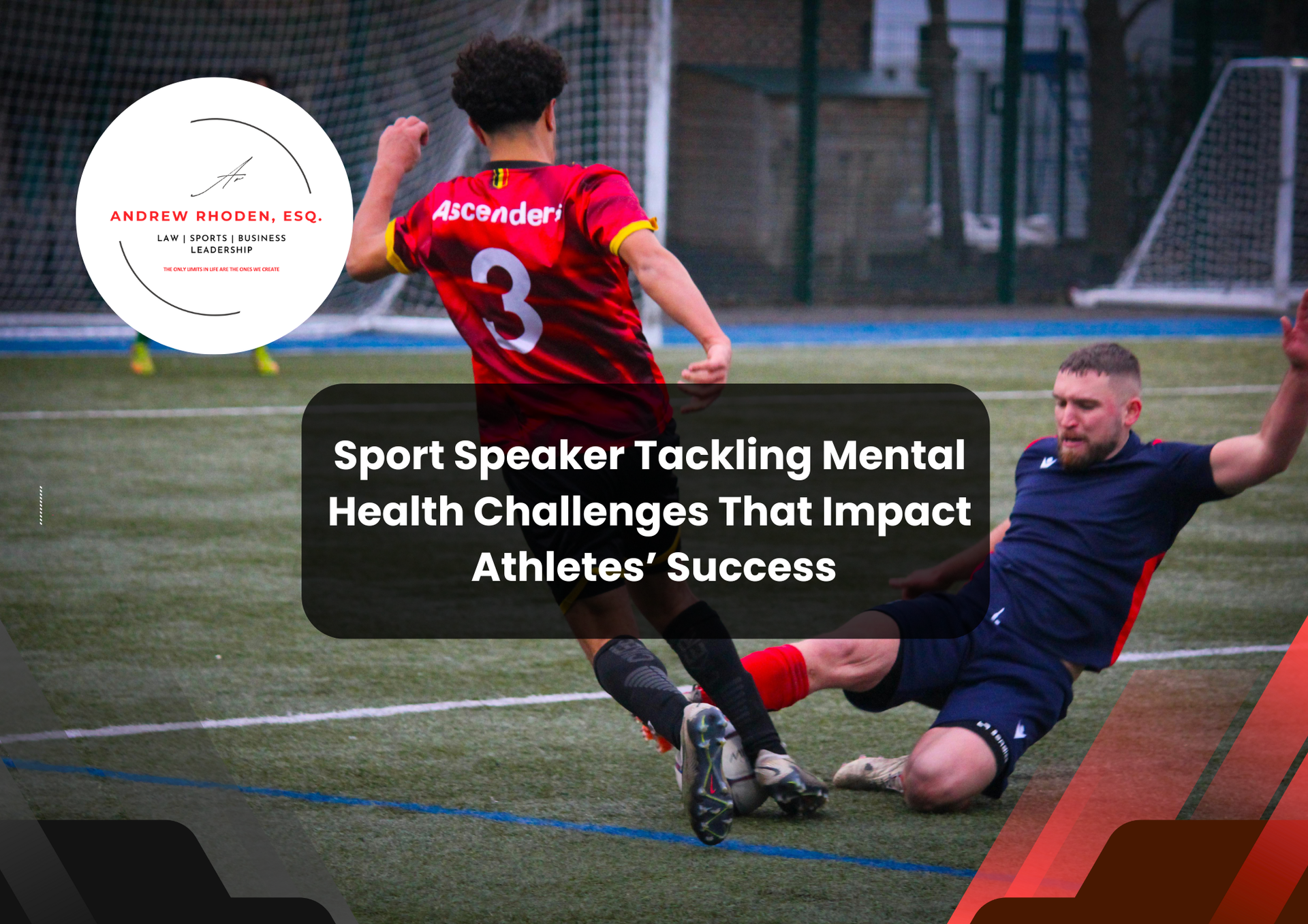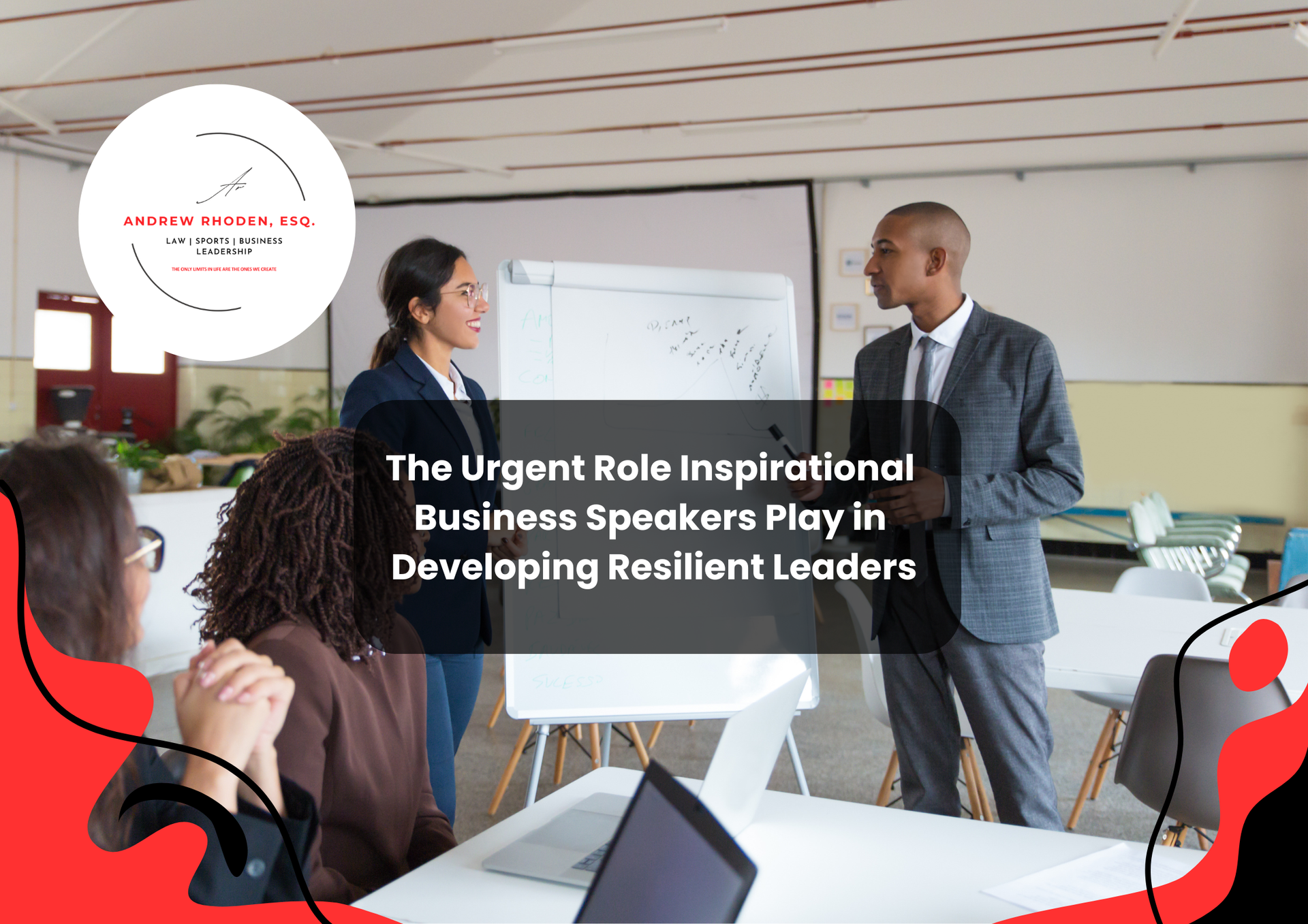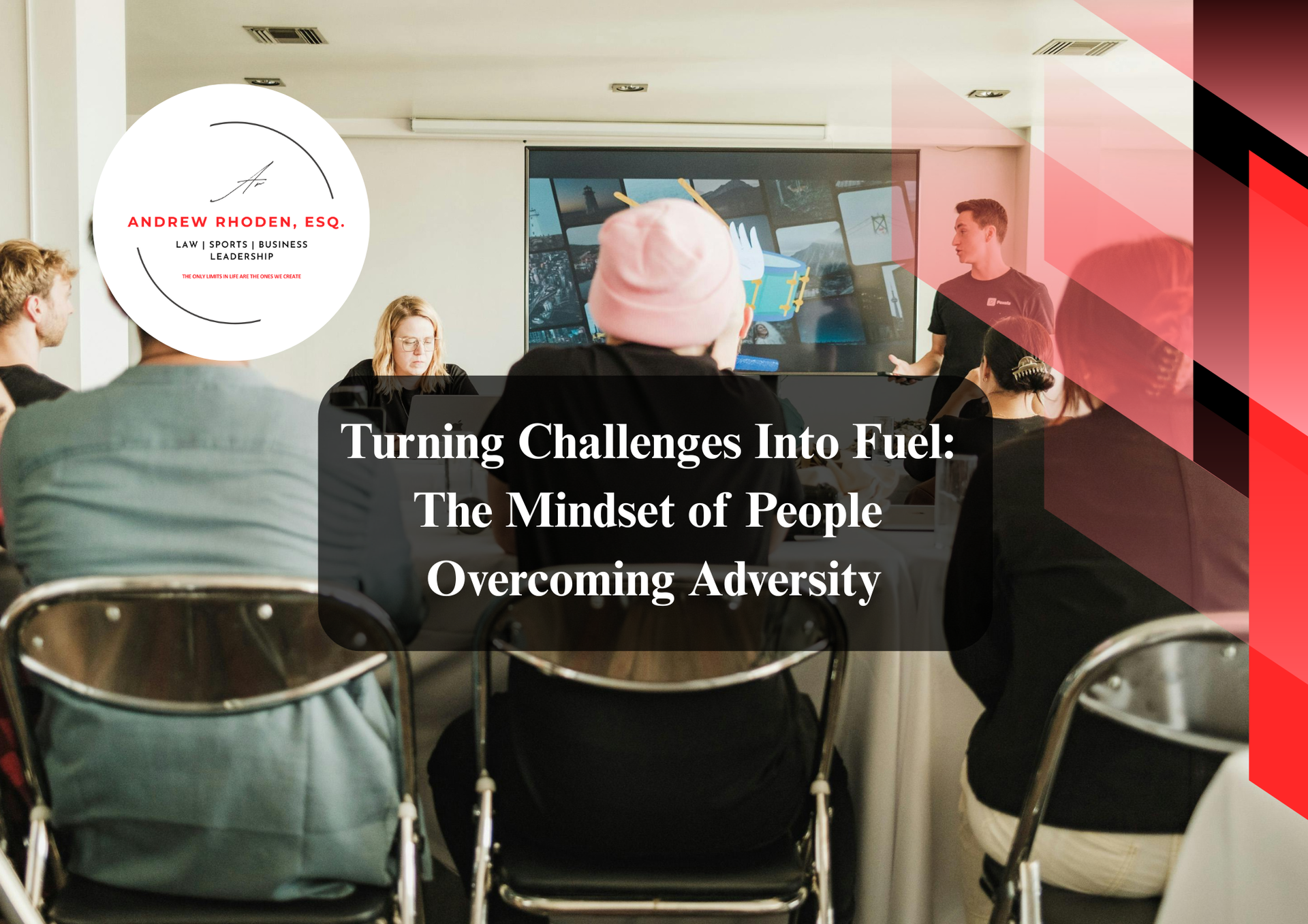The Power of Perseverance: Teaching Students Life Lessons from People Who Have Overcome Adversity
The Importance of Perseverance in Everyday Life
Life presents challenges that test every person’s strength and determination. Students watching others overcome adversity gain insights into how to handle their own difficulties. These lessons go beyond academics—they influence resilience in everyday life, future careers, and personal relationships.
Perseverance teaches students that even in tough times, growth is possible. It shows them how a shift in mindset can help overcome obstacles and encourage a healthier sense of well being. Schools that highlight these lessons prepare students to thrive in an unpredictable world.
Learning from People Who Have Faced Challenges
Role models who share stories of how they managed to overcome adversity provide students with relatable examples. Whether it’s a story of job loss, a chronic illness, or the passing of a loved one, these narratives show how resilience carries human beings through hardship.
When students hear how others developed coping mechanisms, it inspires them to build their own. Such examples encourage self reflection and help them realize they can find potential solutions even during a difficult situation.
The Many Faces of Adversity
Adversity comes in many forms, from social adversity to mental adversity, emotional adversity, and physical adversity. Each has unique challenges, but all require the same courage to overcome.
Students who learn about these forms of adversity develop a stronger sense of empathy. They begin to understand that adversity strikes in unexpected ways—whether through natural disasters, learning disabilities, or even personal mental health struggles.
Mental Health and Adversity
Mental health is a major factor in how students deal with adversity. Those facing mental health conditions may experience persistent feelings of doubt or negative emotions that weaken self esteem. Teachers and administrators must be aware of these issues and provide appropriate support.
By addressing anxiety and stress openly, schools help students find healthier thought patterns. This proactive process reduces stigma and encourages students to seek professional or even professional help when needed.
Building Resilience Through Shared Experiences
When students learn from past experiences of others, they see that resilience is not built overnight. It is a psychological phenomenon strengthened through repeated exposure to obstacles and the ability to recover.
Hearing how others overcome hardship helps them build resilience. Over time, they develop better problem solving skills, improved self confidence, and the courage to step into new circumstances with hope.
Strategies to Handle Adversity
Teaching students to handle adversity involves showing them practical strategies. These may include mindfulness practices like deep breathing, maintaining a balanced diet, or using exercise to strengthen both the immune system and nervous system.
Other strategies emphasize the importance of staying flexible, adjusting thought patterns, and focusing on problem solving rather than blame. Students who practice these skills learn to reduce stress and build resilience for the future.
Emotional Growth Through Difficulties
When students face emotional struggles, they often feel overwhelmed by fear, sadness, or uncertainty. By learning how others navigated emotional adversity, they discover ways to balance their emotions.
Sharing experiences teaches them that even in difficult times, it’s possible to find the bright side. Overcoming these hurdles helps them recognize their own inner strength and provides opportunities for personal growth.
The Role of Support in Overcoming Adversity
Having a support system or strong social support is critical for helping students overcome adversity. Friends, teachers, and family members can all provide support during hardships.
Students are encouraged to stay connected to their networks during difficulties. This support not only reduces isolation but also offers guidance on potential solutions. Resilient students know they don’t need to face adversity alone.
Resilience in the Face of Physical Adversity
Some students deal with physical adversity like injuries, illnesses, or disabilities. These experiences can create significant challenges but also teach resilience when faced with limitations.
Stories of athletes and individuals with chronic illness demonstrate how the ability to adapt fuels growth. For example, adjusting training, using adaptive tools, or finding new passions can show students the value of persistence.
The Impact of Social Adversity
Social adversity includes bullying, discrimination, and exclusion. Such experiences challenge students’ self esteem and make them struggle with belonging. But learning how to overcome these difficulties helps them develop stronger problem solving skills.
Educators play an essential role in creating inclusive environments that minimize these challenges. Through education, awareness, and a supportive process, schools help students learn how to adapt positively.
Adversity and the Brain
Research shows that adversity shapes the brain. Resilient thought patterns create pathways that improve coping and problem solving abilities. Conversely, negative emotions and prolonged stress can hinder growth.
Students who focus on resilience build healthier mental habits that strengthen the brain. This process helps them approach each matter with clarity and confidence, even when adversity strikes.
Role Models of Perseverance
Well-known role models provide powerful stories for students to learn from. Athletes who continue competing after injury, or people like Arch Manning who balance fame and pressure, inspire resilience.
Hearing these stories demonstrates that everyone faces challenges—but what defines success is the ability to keep going. Students learn that with persistence, they too can reach the other side of hardship.
Teaching Students to Overcome Obstacles
When students are exposed to lessons of perseverance, they discover they can overcome obstacles themselves. Whether it’s improving grades despite learning disabilities or facing the loss of a loved one, the message is clear: resilience is possible.
This knowledge helps them reframe difficulties as opportunities for growth. With better problem solving and self reflection, they become equipped to face future hardships.
Applying Lessons of Adversity to Life
The ability to overcome adversity has lasting effects on life beyond the classroom. These lessons strengthen students’ readiness for college, careers, and personal responsibilities.
In moments of struggle, they remember the stories, strategies, and support systems that helped them overcome. This preparation ensures they enter adulthood with confidence and resilience.

Moving Forward with Resilience
Perseverance is not about avoiding hardship but about learning how to face it. Students who understand resilience, guided by lessons of those who have overcome adversity, gain powerful tools for life. They develop the ability to look at each challenge as part of the learning process, cultivating hope for the future.
By equipping students with the tools to deal with stress, anxiety, and obstacles, schools create well-rounded individuals ready to succeed. These are not just academic skills—they are life lessons that will serve them in all areas of life.
Building Strength When Adversity Strikes
Students often face mental adversity, emotional adversity, and even challenges that impact their confidence and self esteem. When adversity strikes, having a reliable support system becomes essential. Schools can encourage students to lean on teachers, peers, and mentors, while also emphasizing the importance of social support from family and community. By learning how to stay connected during these moments, young people develop the resilience needed to keep moving forward. Teaching them that adversity can be managed with the right support gives them a framework for success both in school and in life.
Gaining Perspective Through Adversity
One of the greatest lessons students can learn from stories of resilience is the power of perspective. When facing obstacles, it can be easy to focus only on setbacks or negative outcomes. However, shifting the way challenges are viewed allows students to see growth opportunities hidden within hardships. By examining how others have persevered, young people discover that adversity is not simply a barrier but a chance to build resilience and strength. This broadened perspective helps them reframe struggles as stepping stones toward long-term success.
Book Andrew Rhoden to Inspire Perseverance at Your Next Event
Andrew Rhoden is a dynamic and impactful inspirational speaker who specializes in teaching audiences how to overcome adversity. With decades of experience, Andrew has inspired students, athletes, and professionals to push through challenges and discover their own resilience. His talks are known for blending personal storytelling with actionable strategies that audiences can apply immediately.
Whether your school is preparing for a leadership seminar, athletic program, or motivational assembly, Andrew’s message resonates across all settings. He goes beyond theory to provide support that helps participants build inner strength and long-term resilience.
Your students deserve the tools to face difficult times with courage and confidence. Contact us today at (888) 209-4055 to book a free consultation. Andrew works with organizations across the country, delivering customized talks on how to overcome adversity and build a resilient future.
share this
Related Articles
Related Articles
STAY UP TO DATE
GET PATH'S LATEST
Receive bi-weekly updates from the church, and get a heads up on upcoming events.
Contact Us












